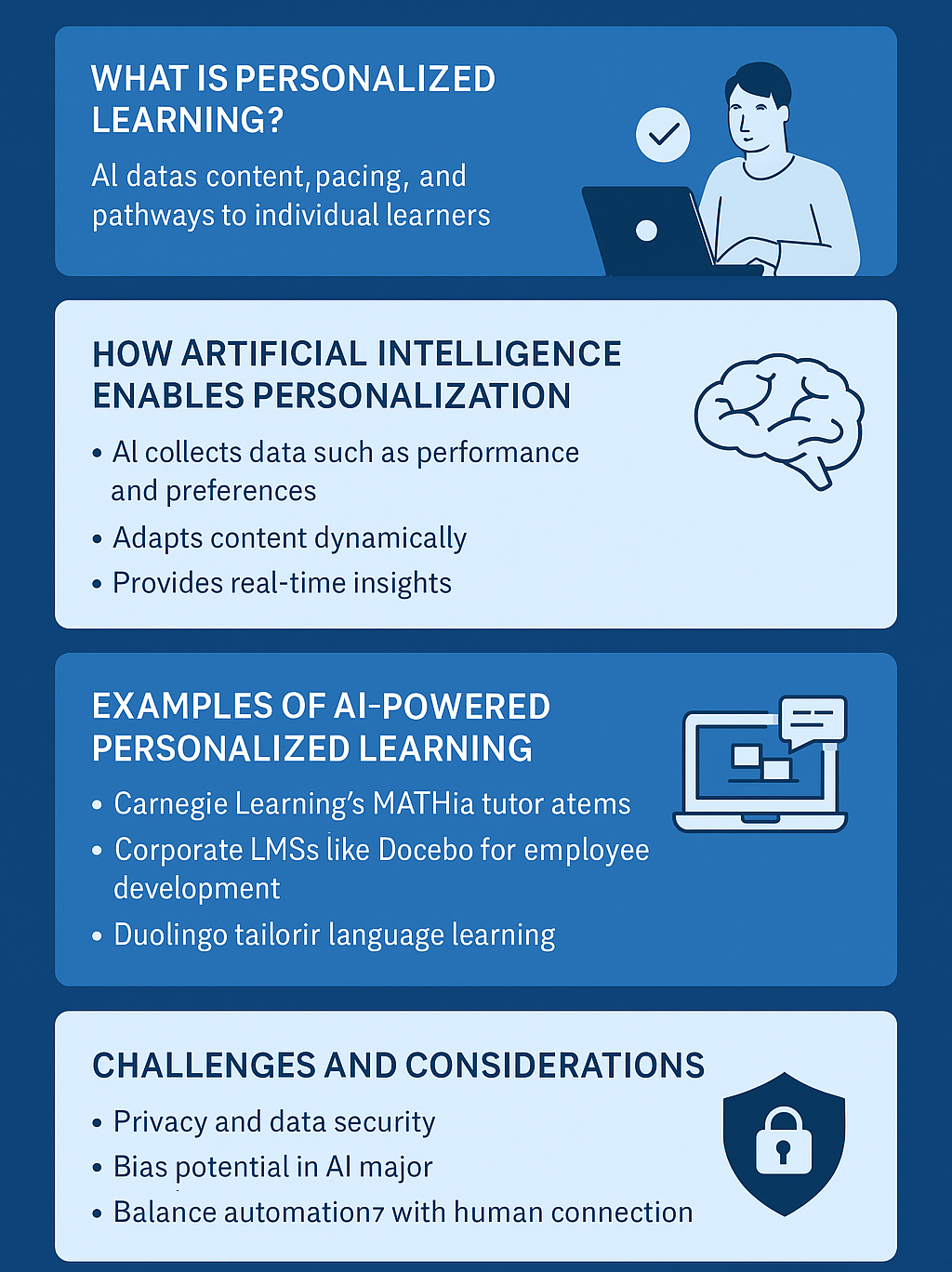At The Space of Agnes Elisa, we aim to emphasize the vital role that eLearning Instructional Designers play in today’s educational landscape for several reasons.
1. Enhanced Learning Experience: Instructional Designers create engaging and interactive learning experiences beyond just presenting information. They use multimedia elements like videos, infographics, and simulations to make learning more dynamic and effective.
2. Personalized Learning: Instructional designers tailor content to meet the diverse needs of learners. By understanding the learners’ backgrounds, preferences, and learning styles, They can create customized learning paths that enhance knowledge retention and application.
3. Improved Knowledge Retention: Good instructional design helps learners retain knowledge more effectively. By incorporating visual aids, interactive elements, and real-world scenarios, learners can better understand and remember the material.
4. User Experience (UX): A well-designed eLearning course ensures a positive user experience. Instructional Designers focus on making content accessible, intuitive, and easy to navigate, which keeps learners engaged and motivated.
5. Assessment and Feedback: Instructional Designers integrate assessments and feedback mechanisms into eLearning courses. This helps learners track their progress, identify areas for improvement, and reinforce their understanding of the material.
6. Scalability and Flexibility: eLearning allows for scalable and flexible learning solutions. Instructional Designers create courses that can be easily updated and adapted to different contexts, making it possible to reach a wider audience without compromising quality.
7. Cost-Effectiveness: By designing practical eLearning courses, organizations can reduce the costs associated with traditional classroom training, such as travel, accommodation, and printed materials. This makes education more accessible and affordable.
eLearning Instructional Designers are essential for creating compelling, engaging, and accessible learning experiences that meet the needs of diverse learners in today’s digital age.






